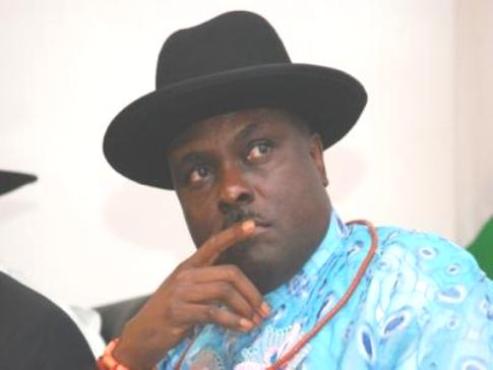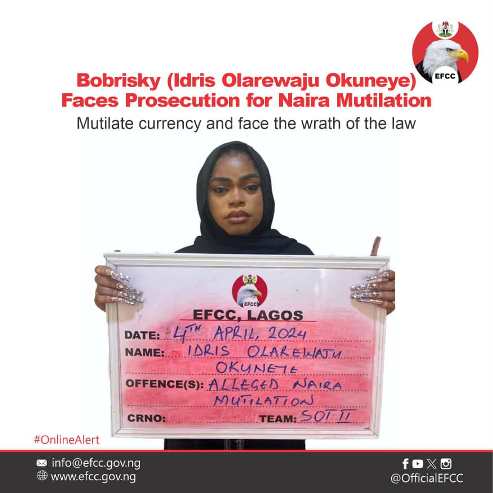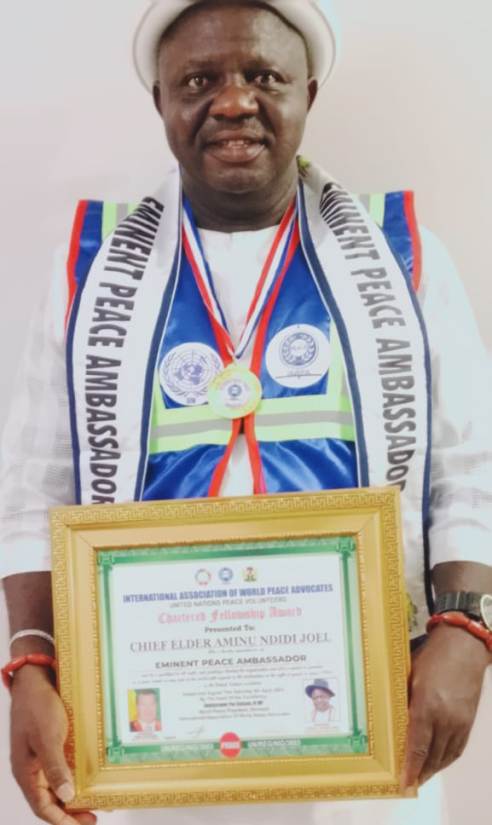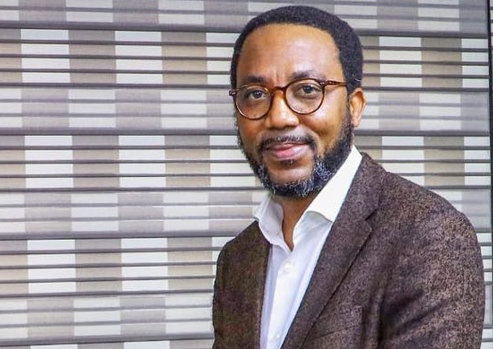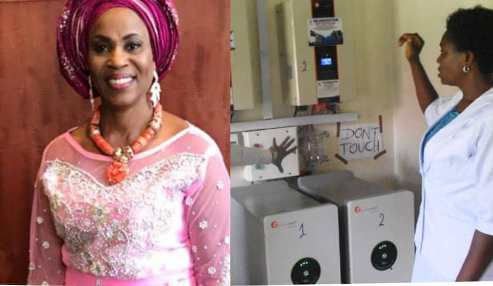Gender Inequality: Urhobo Women As A Case Study

By Young Erhiurhoro
LAGOS MAY 27TH (URHOBOTODAY)-Gender inequality is a global social disorder, that is affecting many countries around the world today. This is most pronounced in African societies, including Nigeria and Urhobo land. However, before we would move on in this topic, it’s expedient for us to know the meaning of gender inequality. Gender inequality to the lay man’s understanding is defined as the ways of attaching superiority to one gender against the other. Gender in itself is the classifications of sexes of living things. Generally, we have two types of gender, that is, male and female. In this case, when one of these two sexes is being promoted at the detriment or expense of the other one, then we refer to it as gender inequality.
Although this topic is most suitable to social workers like Sociologists, Anthropologists, Economists, Psychologists and other social workers, but as an advocate of peace in Nigeria, I think it’s right time we look at this social problem together and find solutions to end it all. This is the reason for writing this piece.
Without doubt, many will agree that in many African societies, including Urhobo, the male gender is considered superior and more important to the female folk in every family unit, community and at the larger society. In the same way too, the male folk are promoted in detriment to the female ones in the society. These are important issues we need to look at especially in this modern age. As the topic of the article implies, we shall look at some of the causes of this gender inequality and how to bring in balance between the two different sexes to create equality and peaceful co-existence. Let’s now start with the causes:
In the first place, Urhobo is a patrilineal society. It’s a society that traces descent through the male line. As such, it’s already causing gender imbalance in the society. In Urhobo, we have great distinction between paternal children (Emo-Emeshare) and maternal children (Emo-Emete). In this case, there are some positions that are only bequeath able to paternal children while the maternal children are treated as second class citizens or abysmally relegated to the background.
For instance, among the 24 kingdoms in Urhobo land, which kingdom is being headed by a woman? Secondly, since the foundation of the Urhobo Progress Union (UPU) in 1948, and acclaimed as the first and oldest socio-cultural organization in Africa, how many times has women become its presidents-general? Thirdly, which community in Urhobo land, has a woman as its president or chairman today? Fourthly, which community in Urhobo land can declare a woman as the oldest person (Okpako-Orere) in the community? Fifthly, which family unit in Urhobo land can declare a woman as its heir apparent (Owara)? In fact, in all these, what we see, like in the case of the UPU and the community leadership, the women groups are separated from the men’s as secondary groups; but with total allegiance to the men’s group as paramount. We can now see the height of inequality between men and women in Urhobo land.
Another cause of gender inequality in Urhobo land is the believe that women are weaker vessels. Truly, the Bible first described women as weaker vessels, and also in Africa traditional beliefs, women are described as weaker vessels. The Urhobo people strongly hold on to this believe and treat the female folk as weaker vessels. This is why in Urhobo land, there are some responsibilities or functions that can’t be bestowed upon women to carry out either at home or at the community level. First, women are not allowed to be traditional rulers in Urhobo land. Since the time of creation in Urhobo land, women had not mounted any royal stool in Urhobo land.
For instance, the royal stool of Orogun kingdom, which according to Urhobo folk history was established by Orogun’s husband from Abbe in Ukwani ethnic region for his wife to be the clan head. Yet, no Orogun woman was allowed according to Urhobo traditional beliefs on the supremacy of men, to mount that throne as a traditional ruler today.
Secondly, in government circles, there are many positions considered so important to be handled by women. For instance, the Delta Senatorial District has eight local government councils fully inhabited by the Urhobo people. Among these eight local government councils, I think it is only one, that is Ethiope East LGA that is being headed by a woman as its chairman. The rest seven are headed by men. This is because we look at the women as weaker vessels and can’t perform to satisfaction. Can we now see the dispersion between the men and women in Urhobo land? I also know that for the number of times the Urhobos became governor of Delta state since its creation in 1991, there was no woman among the said governors. What about other government positions at both state and national levels? The margin is always uncontrollable. All these boils down to the notion or believe that women are weaker vessels and can’t perform as the men. But is this believe really true?
Another cause of gender inequality in Urhobo land is also the believe that women education ends in another man’s name and not in the kitchen as many believe. In other words, the Urhobo men so much believe that training a girl child is a non-profitable venture. This believe is coming out of the fact that at the end of woman’s education or training, she must get married, and at that time, changes the name of her father to that of her husband. In fact, in this modern times, especially in our rural communities, we hear many saying, “Girls are other people’s children. I can’t spend my money to train girl, then at the end, she will begin to bear another man’s name. A man that never contributed a dime to her training. I can’t labour for another man to reap.” These and many more are the sayings of some Urhobo men especially in the rural areas. Without being told, this is greatly affecting the education of female children in Urhobo land. Should we really blame them if they refused to train their female children? Let’s us look at it critically, these same men too refused to know that they also married female children of other people that are presently answering their names. It’s a natural phenomenon, even as depicted in the Holy Bible, that women are under their husbands.
However, we shall conclude this piece by looking at some ways to ameliorate the ugly trend in Urhobo communities. In fact, gender inequality is affecting the growth and development of the entire Urhobo land. Like what I earlier observed in this article, gender inequality is a global social problem. Many international gender based organizations are working on how to balance the equation. Yet, only few changes or achievements were recorded in recent times. One of the best possible solutions to this problem is for the UPU, as Urhobo mouth piece to embark on a proactive sensitization network across Urhobo land. Both men and women should be engaged in public lectures and other public enlightenment programmes to make all the people understand that both male and female children are important in life. God is never a fool to create woman from the rip of a man. He did this for a man to have a helper and comforter. This programme should be primarily based on the rural communities of Urhobo land. Though we are in modern times, but so many people are still primitively thinking beyond human understanding.
Secondly, from now on in Urhobo land, women should be considered fit to handle some positions considered important especially in government circles. For instance, let’s encourage our female children to contest for different political positions like councillors, local government chairmen, state governors, house of assembly members etc. Even in the military and police force too, let’s encourage Urhobo girls to register in military schools. There is nothing wrong if we begin to produce high ranking female officers in the army, air force and the navy and also in the police force. It’s a pride to the Urhobo nation and also pride to our women. In another development, it’s never a taboo in Urhobo land that women can’t be chairmen of communities. Even in some instances, these women we looked down upon can sometimes perform better than the so called men. Let’s us begin to review or reverse this trend by encouraging our female children to contest for all these important positions in our communities. This is a way of creating balance and equality between men and women in Urhobo land.
Finally, we as Urhobo men must dispatch this crude and archaic believe that the education and training given to a female child is a labour rendered in vain, quickly from our mental reasoning. This is already a kind of mental poisoning amongst some Urhobo men. The earlier we do this, the better for our upward movement and accelerated growth economically, politically and otherwise. We shouldn’t forget the old German saying that, training a woman is training a nation while training a man is training a world. We must also know that our female children have equal educational rights with their male counterparts. There should be no inequality between the two sexes. In this case, the state government should make it compulsory for parents to train their female children in schools as they do to their male children. In fact, it should be made a law in the state that any father or male parent that refuses to give education to his female children on the ground of gender dispersion has already trampled on the human rights of that female child and should be treated according to the dictates of the law. In so doing, we would help to create gender equality between men and women in Urhobo land.
Young Erhiurhoro; Kjc is a reporter and a member of the Urhobo Historical Society.















